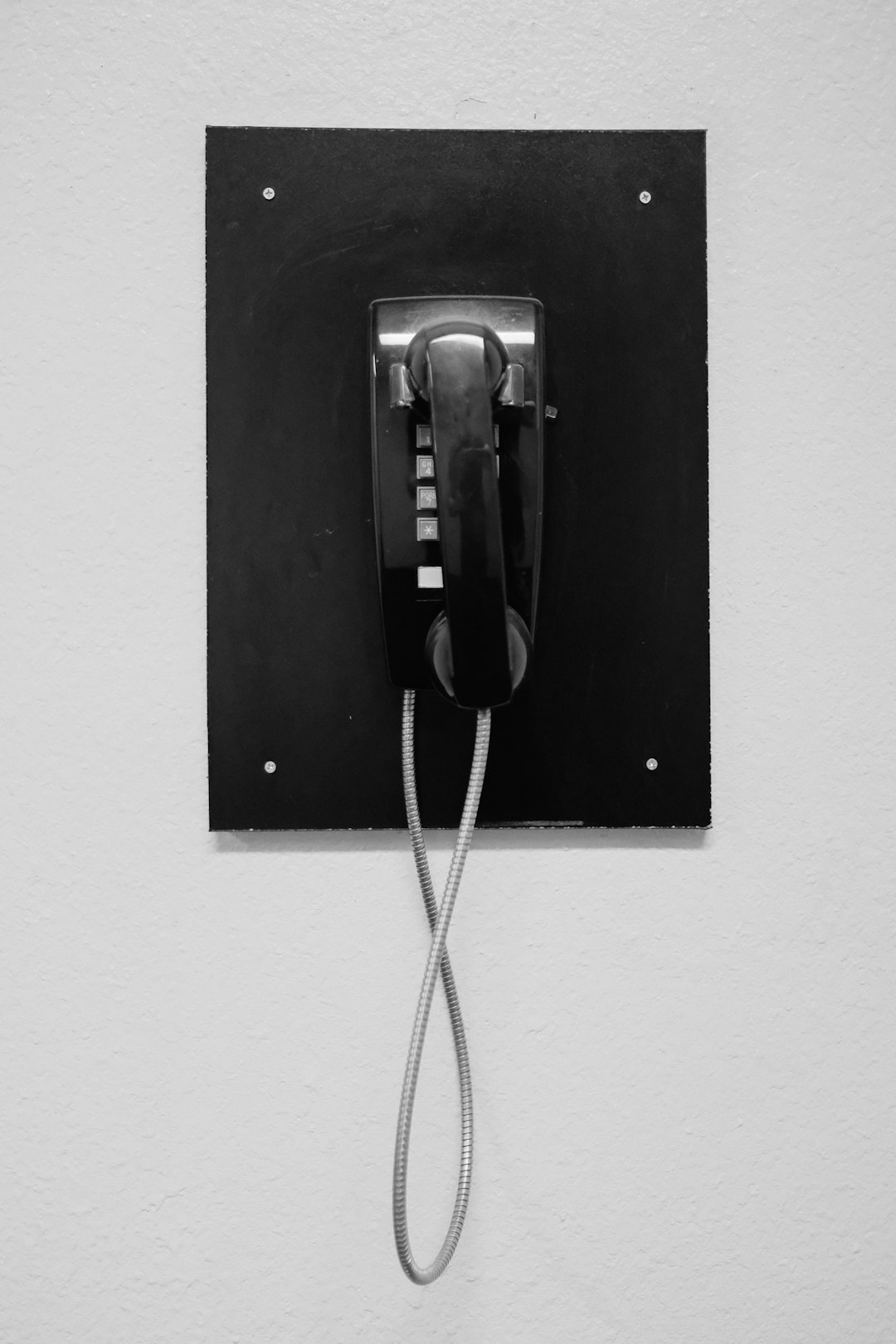Alabama's strict Spam Call Law regulates automated voice messages, consent, and opt-out mechanisms to protect residents from intrusive telemarketing. Businesses must prioritize consumer privacy and use tools like robocall blocking apps (e.g., TrueCall, Hiya, NoCall) powered by AI to combat the influx of spam calls in the digital age, ensuring compliance with the law while enhancing customer satisfaction and operational efficiency.
In today’s digital age, Alabama businesses face a persistent challenge from spam calls, with legal repercussions under Alabama’s stringent Spam Call laws. This guide explores effective solutions through robocall blocking apps, designed to safeguard businesses and their clients. We delve into the legal context, dissect the growing popularity of these apps, and provide an in-depth comparison of top performers. Additionally, we offer best practices for implementation, empowering Alabama business owners to mitigate spam calls and enhance operational efficiency. Discover how the right app can transform your business’s communication landscape by partnering with a reputable Spam Call law firm Alabama.
Understanding Alabama's Spam Call Laws and Their Impact on Businesses

In Alabama, the Spam Call Laws are designed to protect residents from unwanted and fraudulent phone calls, which significantly impacts how businesses operate their marketing strategies. These laws, enforced by a local spam call law firm in Alabama, regulate the use of automated or prerecorded voice messages for telemarketing purposes. Businesses must adhere to strict guidelines regarding consent, opt-out mechanisms, and disclosure requirements to avoid penalties. Non-compliance can lead to legal repercussions, affecting not only individual callers but also companies that fail to implement robust call blocking measures.
For Alabama businesses, especially those engaged in direct marketing, understanding these laws is crucial for maintaining customer relationships and avoiding costly mistakes. By respecting consumer privacy and providing clear opt-out options, companies can ensure their calls are welcomed rather than deemed as spam. This not only protects business interests but also fosters a positive perception among consumers, contributing to a more ethical and successful marketing approach.
The Rise of Robocall Blocking Apps: A Solution for Alabama Business Owners

In today’s digital era, robocalls have become an increasingly common nuisance for businesses across Alabama. With the implementation of the Spam Call law firm Alabama, business owners are now facing a surge in automated calls, often delivering unsolicited marketing messages or fraudulent schemes. To combat this rising issue, robocall blocking apps have emerged as a popular solution. These innovative tools allow businesses to efficiently manage and block unwanted calls, providing much-needed relief from the deluge of spam.
By utilizing these advanced applications, Alabama business owners can take control of their phone lines and create a safer, more productive environment. The apps offer sophisticated algorithms that identify and filter out robocalls, ensuring that legitimate customer interactions remain uninterrupted. This not only enhances operational efficiency but also boosts customer satisfaction by reducing the risk of falling victim to phishing attempts or annoying marketing calls.
Top Robocall Blocking Apps for Alabama Businesses: Features and Comparisons

In today’s digital era, Alabama businesses face a constant onslaught of spam calls, often falling victim to telemarketing tactics that are both intrusive and illegal under the Spam Call law. To combat this, numerous apps have emerged, offering robust solutions for blocking and identifying unwanted robocalls. Some of the top contenders in the market include TrueCall, Hiya, and NoCall.
TrueCall stands out for its advanced caller ID technology, capable of analyzing and categorizing calls in real time. It offers a comprehensive block list updated daily to counter new spam call trends. Hiya, on the other hand, focuses on crowd-sourced data, leveraging the collective intelligence of millions of users worldwide to identify and block unwanted calls. NoCall distinguishes itself with its unique feature that allows businesses to customize blocking settings based on specific phone numbers or types of calls, providing a more tailored approach to spam protection. Each app offers intuitive interfaces, ensuring Alabama business owners can efficiently manage their call blocks without requiring extensive technical knowledge.
Implementing Robocall Protection: Best Practices for Alabama Businesses

Implementing robust robocall protection is essential for Alabama businesses aiming to comply with the state’s stringent Spam Call law firm regulations. A comprehensive strategy involves integrating multiple layers of defense. Firstly, utilizing reputable robocall blocking apps that employ advanced AI and machine learning algorithms can significantly reduce unwanted calls. These apps identify and block automated spam calls in real time, ensuring a smoother experience for customers.
Additionally, businesses should educate their employees about call screening procedures and best practices. Encouraging manual verification of caller IDs and implementing strict guidelines for returning unknown calls can further mitigate the risk. Regular updates to these measures are crucial as spam callers adapt their tactics. Staying informed about emerging trends in robocall technology ensures that Alabama businesses remain one step ahead, fostering a safer environment for both customers and operations.






